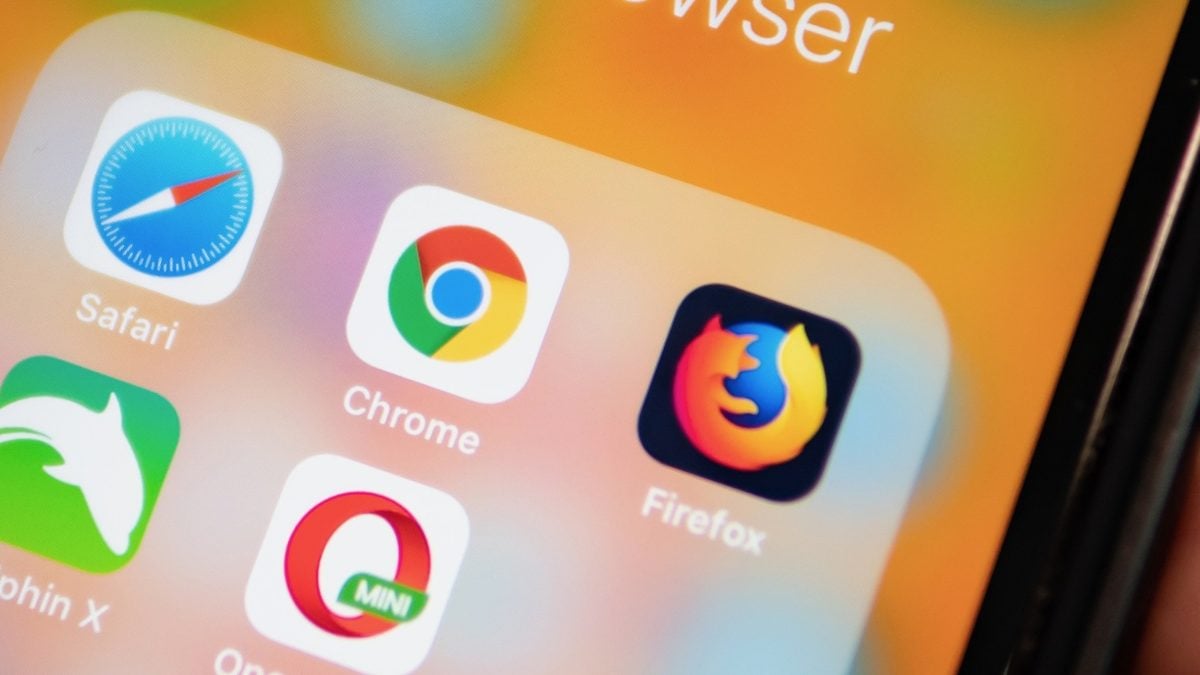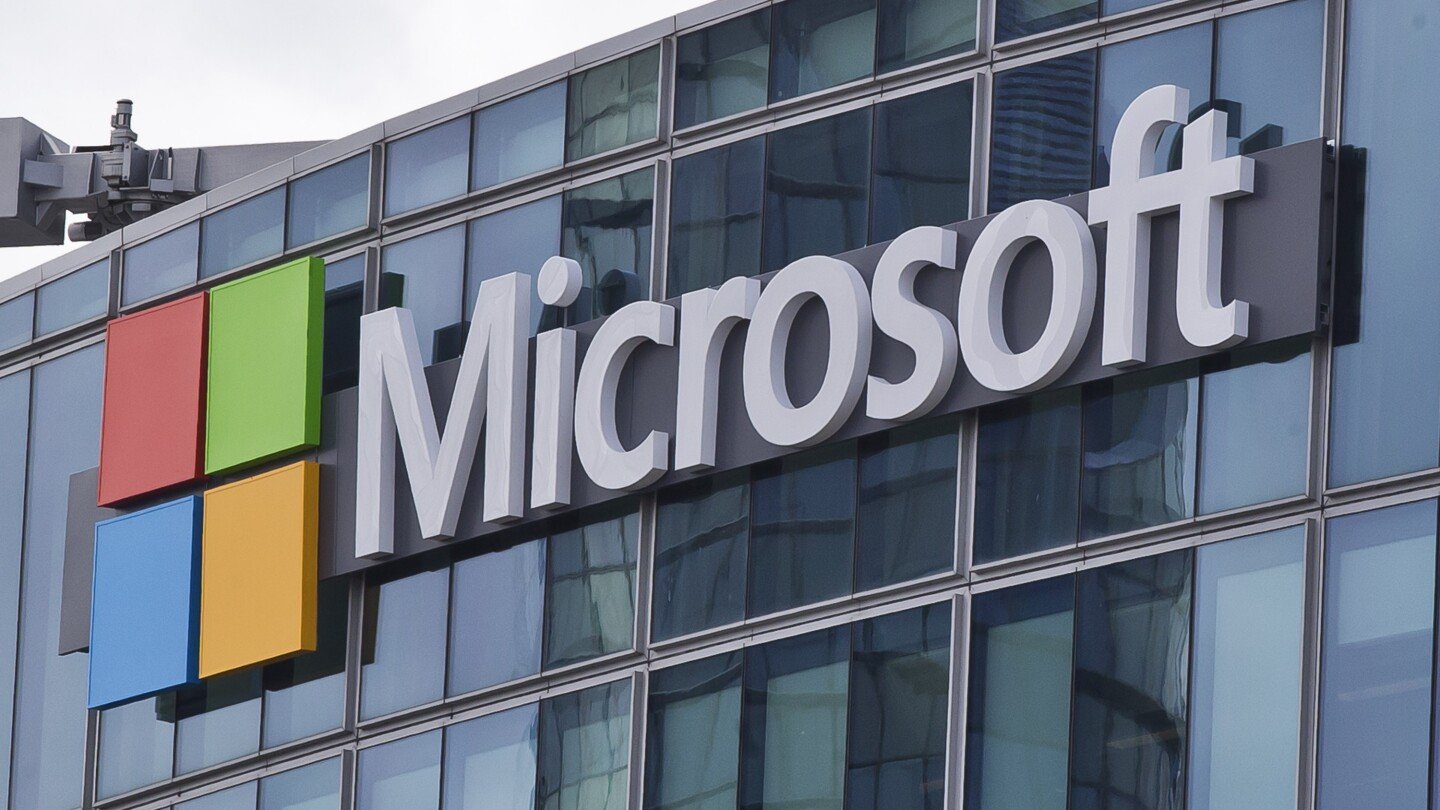Voluntarily sharing informative posts from unaffiliated sources.
- 178 Posts
- 16 Comments

 7·6 months ago
7·6 months agoSummary:
- Colorado passes first-in-nation law to protect privacy of biological or brain data, which is similar to fingerprints if used to identify people.
- Advances in artificial intelligence have led to medical breakthroughs, including devices that can read minds and alter brains.
- Neurotechnology devices, such as Emotiv and Somnee, are used for health care and can move computers with thoughts or improve brain function and identify impairments.
- Most of these devices are not regulated by the FDA and are marketed for wellness.
- With benefits come risks, such as insurance companies discriminating, law enforcement interrogating, and advertisers manipulating brain data.
- Medical research facilities are subject to privacy laws, but private companies amassing large caches of brain data are not.
- The Neurorights Foundation found that two-thirds of these companies are already sharing or selling data with third parties.
- The new law takes effect on Aug. 8, but it is unclear which companies are subject to it and how it will be enforced.
- Pauzauskie and the Neurorights Foundation are pushing for a federal law and even a global accord to prevent brain data from being used without consent.

 584·6 months ago
584·6 months agoSummary:
- The author expresses dissatisfaction with the commercial and impersonal feel of modern Windows operating systems.
- Past versions of Windows were disconnected and resilient, providing a more personal user experience.
- Advertising integration in Windows has made it feel cheaper and less user-friendly.
- Updates, intrusive changes, settings modifications, and lack of control are common issues plaguing modern Windows systems.
- The author compares the current Windows experience to the offline glory days of Windows, highlighting the shift in user experience.
- Windows now includes advertising, which some users find intrusive and unwanted.
- Updates on Windows often lead to issues, with users experiencing broken computers after updates.
- Users complain about settings changing after updates, impacting their preferences and privacy settings.
- The author switched to macOS due to technical issues with Windows updates, appreciating the user experience on macOS.
- Linux is praised for respecting its users by providing the operating system for free without intrusive ads.
- The author hopes for a future version of Windows that offers more user control and less interference from Microsoft’s software-as-a-service products.

 105·6 months ago
105·6 months agoSummary:
- The FTC is investigating PC manufacturers for using “warranty void if removed” labels to discourage consumers from exercising their right to repair.
- ASRock, Gigabyte, and Zotac received letters from the FTC regarding these practices.
- The FTC is concerned about manufacturers denying warranty coverage based on these provisions.
- The federal Magnuson-Moss Warranty Act is being invoked to prevent companies from making misleading warranties.
- The Act prohibits conditioning warranties on the use of specific repair services unless provided for free or with a waiver from the FTC.
- The FTC plans to review the written warranties and promotional materials of the companies after 30 days.
- In the past, Nintendo, Sony, Microsoft, Asus, HTC, and Hyundai were also warned by the FTC for similar practices.

 173·6 months ago
173·6 months agoSummary:
- Telegram founder Pavel Durov claimed in an interview that the company only employs “about 30 engineers.”
- Security experts say this is a major red flag for Telegram’s cybersecurity, as it suggests the company lacks the resources to effectively secure its platform and fight off hackers.
- Telegram’s chats are not end-to-end encrypted by default, unlike more secure messaging apps like Signal or WhatsApp. Users have to manually enable the “Secret Chat” feature to get end-to-end encryption.
- Telegram also uses its own proprietary encryption algorithm, which has raised concerns about its security.
- As a social media platform with nearly 1 billion users, Telegram is an attractive target for both criminal and government hackers, but it seems to have very limited staff dedicated to cybersecurity.
- Security experts have long warned that Telegram should not be considered a truly secure messaging app, and Durov’s recent statement may indicate that the situation is worse than previously thought.

 492·6 months ago
492·6 months agoAccording to a report from Arizona’s Family:
The 12-volt battery that powers the car’s electronics died without warning.
Tesla drivers are supposed to receive three warnings before that happens, but the Tesla service department confirmed that Sanchez didn’t receive any warnings.

 1131·6 months ago
1131·6 months agoTesla didn’t respond to a request for comment; it has dissolved its press office.

 132·6 months ago
132·6 months agoSummary:
- The US government is suing Adobe for allegedly deceiving customers with hidden fees and making it difficult to cancel subscriptions.
- The Department of Justice claims Adobe enrolls customers in its most lucrative subscription plan without clearly disclosing important plan terms.
- Adobe allegedly hides the terms of its annual, paid monthly plan in fine print and behind optional textboxes and hyperlinks.
- The company fails to properly disclose the early termination fee, which can amount to hundreds of dollars, upon cancellation.
- The cancellation process is described as “onerous and complicated”, involving multiple webpages and pop-ups.
- Customers who try to cancel over the phone or via live chats face similar obstacles, including dropped or disconnected calls and having to re-explain their reason for calling.
- The lawsuit targets Adobe executives Maninder Sawhney and David Wadhwani, alleging they directed or participated in the deceptive practices.
- The federal government began investigating Adobe’s cancellation practices late last year.
- Adobe’s subscription model has long been a source of frustration for creatives, who feel forced to stay subscribed to continue working.
- Recently, Adobe’s new terms of service were met with backlash, with some users interpreting the changes as an opportunity for Adobe to train its AI on users’ art.
- The company has also faced regulatory scrutiny in the past, including antitrust scrutiny from European regulators over its attempted $20 billion acquisition of product design platform Figma in 2022, which was ultimately abandoned.
deleted by creator

 952·6 months ago
952·6 months agodeleted by creator

 130·6 months ago
130·6 months agodeleted by creator

 21·7 months ago
21·7 months agodeleted by creator

 33·7 months ago
33·7 months agodeleted by creator

 185·7 months ago
185·7 months agoSummary:
In the past, you could bypass the sign-in requirement by choosing ‘Offline Account’ or ‘Sign in with a local account instead.’ However, Microsoft removed this option in recent years, meaning you would need an active internet connection to create a Microsoft account for a new Windows 11 install.
Some users discovered that they could bypass this requirement by using the following blocked email addresses: example@example.com, a@a.com, or no@thankyou.com, and then typing in a random password. While this would let you fall back to proceeding with an offline account until recently, it now results in an ‘Oops, something went wrong’ message, which will return you to the same email input screen.
Thankfully, there remains another way to install Windows 11 without a Microsoft account. When you’re at the log-in screen, you can hit Shift + F10 and type OOBE/BYPASSNRO, which will let you create a local account instead if you do not have an internet connection (so disconnect the internet for this). However, non-tech-savvy users will likely not know this, so many would likely end up creating another unwanted online account.
This is just one of the controversial steps Microsoft has recently been taking, like including ads in the Start Menu, nagging Windows 10 users to upgrade, or adding a watermark if your PC does not support AI features.

 99·7 months ago
99·7 months agodeleted by creator

 435·7 months ago
435·7 months agoFor those looking to move beyond Chrome, there are alternatives that come pre-installed with uBlock Origin and are considered better than Firefox:
This project is a custom and independent version of Firefox, with the primary goals of privacy, security and user freedom.
LibreWolf is designed to increase protection against tracking and fingerprinting techniques, while also including a few security improvements. This is achieved through our privacy and security oriented settings and patches. LibreWolf also aims to remove all the telemetry, data collection and annoyances, as well as disabling anti-freedom features like DRM.
The Mullvad Browser is developed – in collaboration between Mullvad VPN and the Tor Project – to minimize tracking and fingerprinting. It is designed to be used with a trustworthy VPN instead of the Tor Network. It does not require the use of Mullvad’s VPN.
















Research conducted by the Mozilla Foundation indicates that the app referred to in the article, Clue, gathers extensive information and shares certain data with third parties for advertising, marketing, and research reasons.
Here are some menstruation tracking apps that are open-source and prioritize user privacy by keeping your data stored locally on your device: